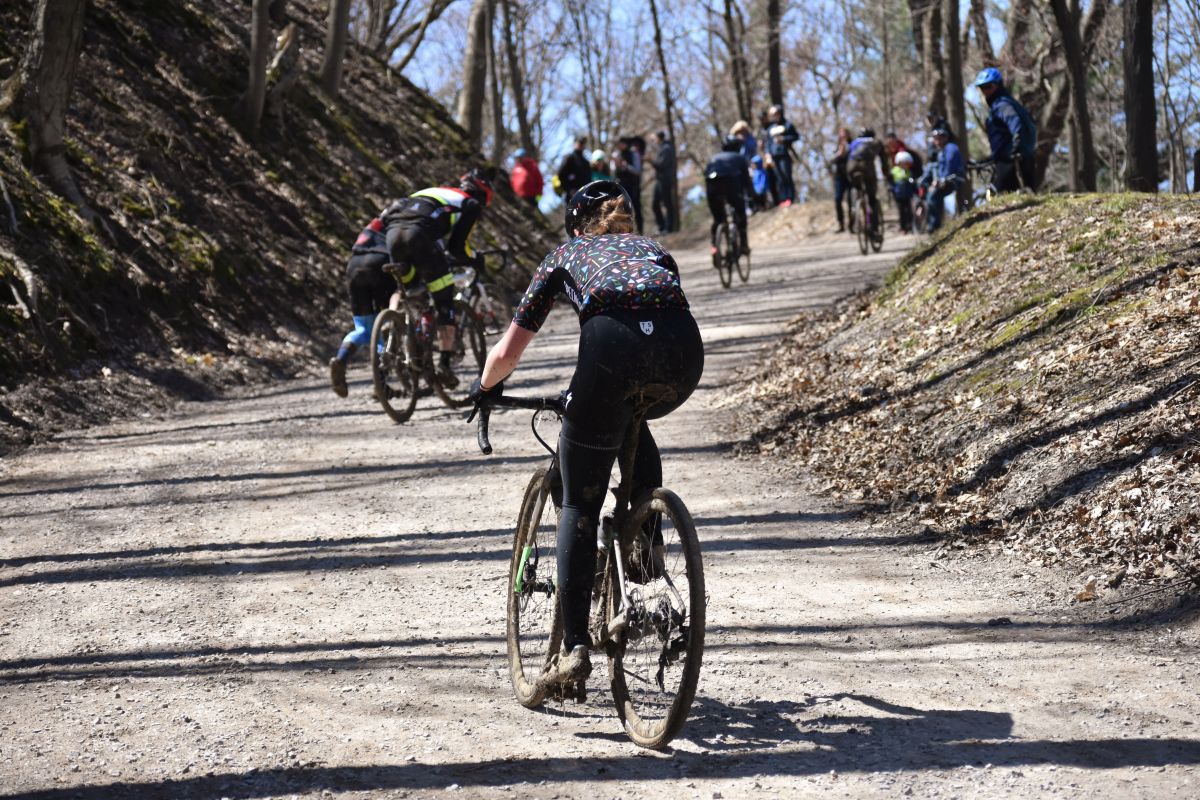Race organizers struggle to figure out next steps amid cancellations
"This is uncharted territory”

On Monday, March 16, the Ontario Cycling Association (OCA), following the lead of other sports associations around the world, announced the cancellation of all events in the immediate future.
“The term ‘Social distancing’ wasn’t in my vocabulary until two weeks ago,” says Tim Farrar, race director of the cancelled Paris to Ancaster event. “It’s really a question of doing the right thing— it would be irresponsible to go ahead with the race.”

The cancellation of events worldwide has forced people to make massive changes to their lifestyles. In Ontario, the first few road Ontario Cups, mass participation events like Paris to Ancaster as well as weekly race series in Ottawa, the GTA and Windsor are all cancelled.
An already sparse road race calendar has now been drilled down to one potential road race (and a series of crits later in the season). While mourning a severed racing season, it’s easy to forget the group that has been the most strongly affected by the cancellations—race organizers and contracted race-day workers. Amid an uncertain future, those who organize the events are struggling to figure out what comes next.
Widespread effects
As of now, contract workers at the races are out of a job. “With any event, the organizer usually contracts out or sub-contract out a number of the jobs such as timing, announcing, drivers for the caravan, barrier instals, finish line gantry, portable washrooms, paid-duty police and food,” says Greg Rawson of Performance Driven Events. “All of those people will miss out on income. For reference, if an event brings in $25,000 roughly 80 per cent of that goes to paying people working these roles.”
Rawson worries that the effect of the cancellations will still be felt once the season gets back on track. “My concern isn’t the two Ontario Cup events that have been cancelled,” he says, “it’s the number of overall road racing events left on the calendar. If there’s only one road race in 2020 it might affect the number of people willing to take out a UCI licence (a requirement to race in the series).”

Organizers who head more than one event are still holding out for races later in the season. “Most of us affected run a number of events later in the season which will hopefully still take place,” says Rawson. He thinks these events might help offset potential losses from the cancellations.
For organizers who focus on big one day events, the loss is much bigger.
As it stands, despite his best efforts, Farrar will not be able to reschedule Paris to Ancaster. “Right now there isn’t a reasonable chance of rescheduling ,” he says. “We’re still trying to figure things out. We’ve spoken with the vendors and suppliers, to see if some costs will be limited.” The event will try to offer some kind of partial refund, but Farrar is still not sure what that will look like yet.
A positive note
When Farrar sent out the Paris to Ancaster cancellation email to close to 7,000 racers, he wasn’t sure what to expect. He immediately received hundreds of ‘out-of-office’ automatic replies, but soon the positive emails began to pour in.
“They all say things like ‘good call’ and ‘tough decision but I’m glad you did it’” says Farrar. “We didn’t receive a single negative reply. It’s really a positive note in this whole situation.”
Some racers even requested their registration fee be donated to hospital charities. “We are very appreciative of the responses we got from the riders, it’s very encouraging,” he says.

What happens next?
Rawson hopes to work with the OCA to organize one or two additional events once the situation normalizes.
For Farrar, “It’s all a whole lot of ‘Ifs’ and ‘maybes’. This is uncharted territory.”
